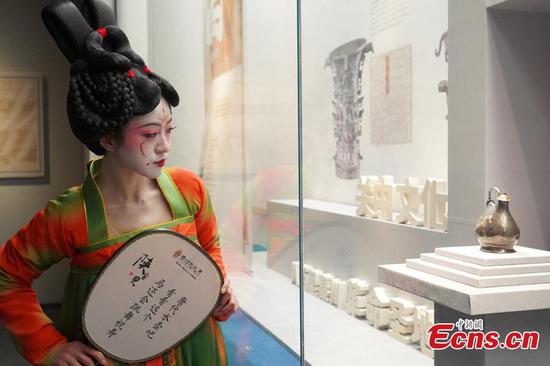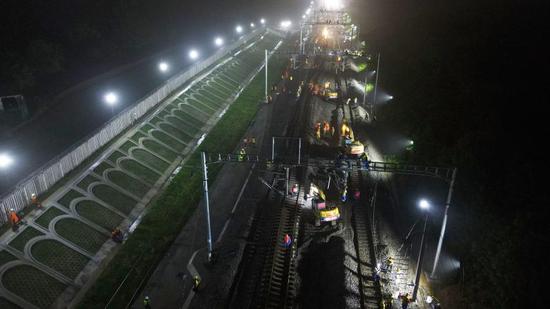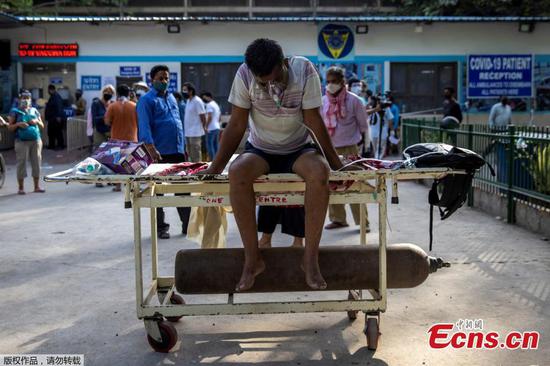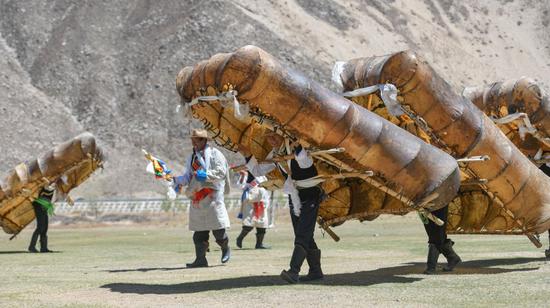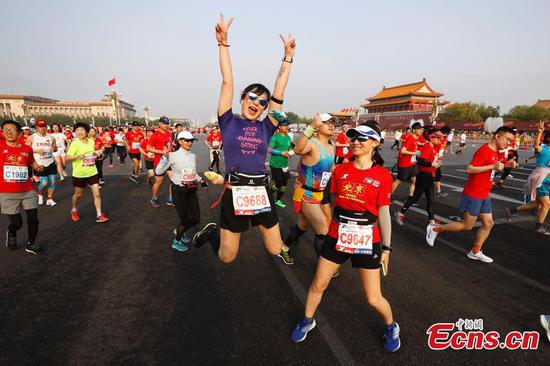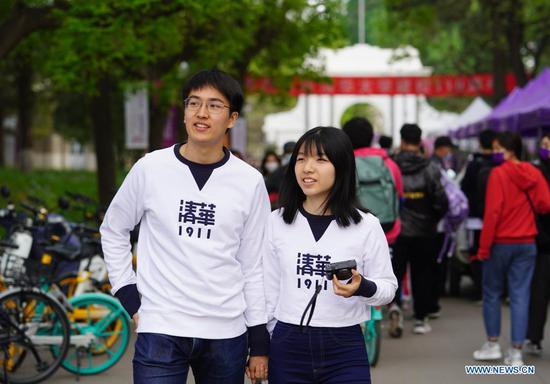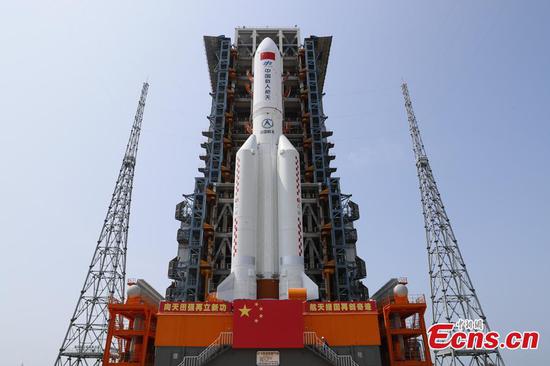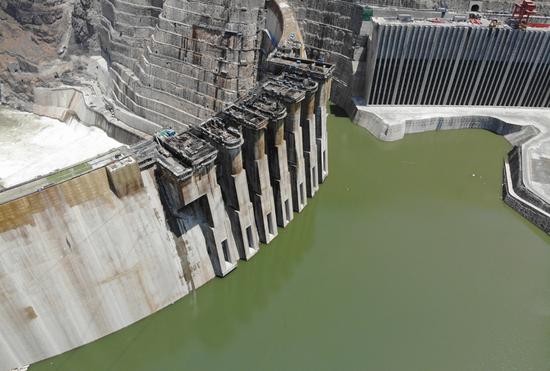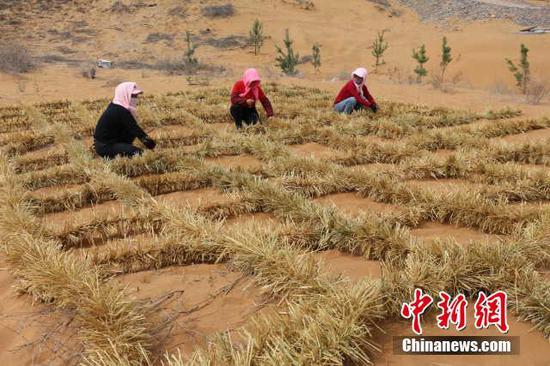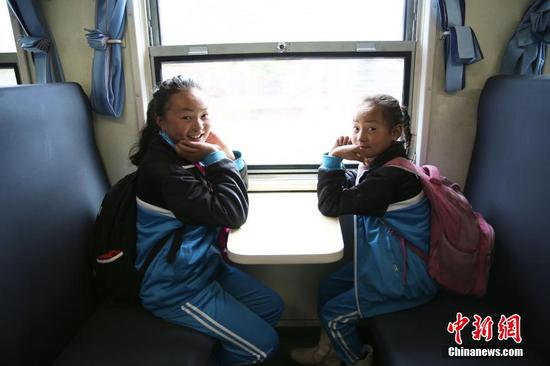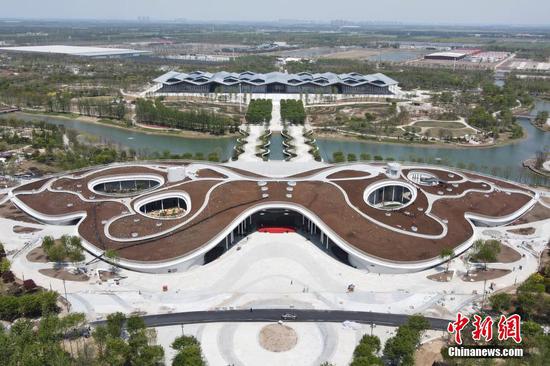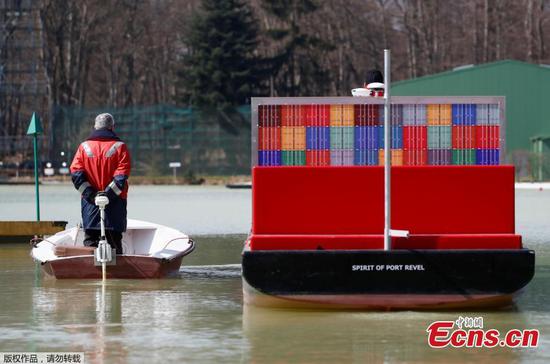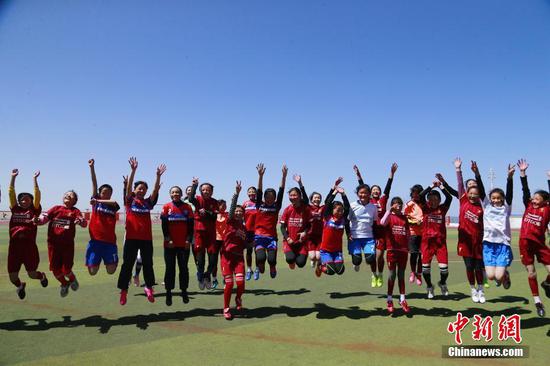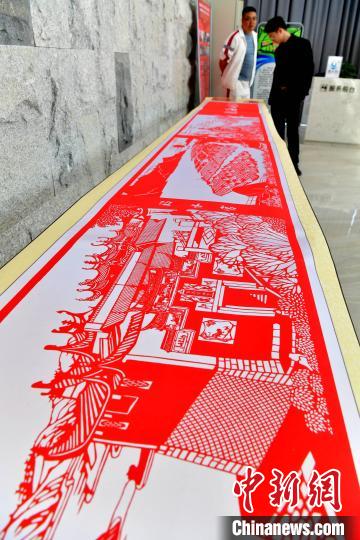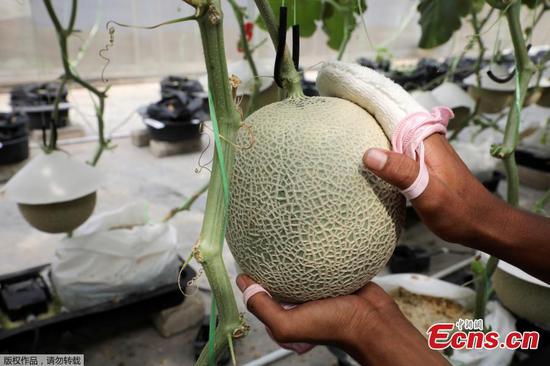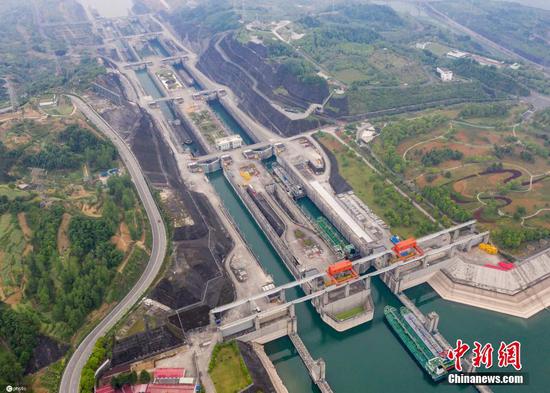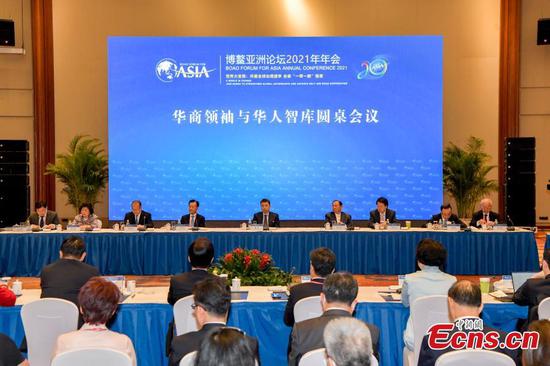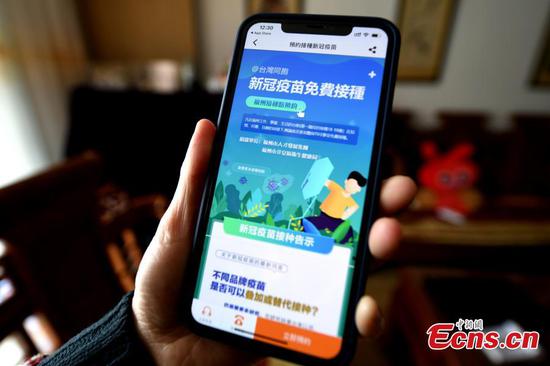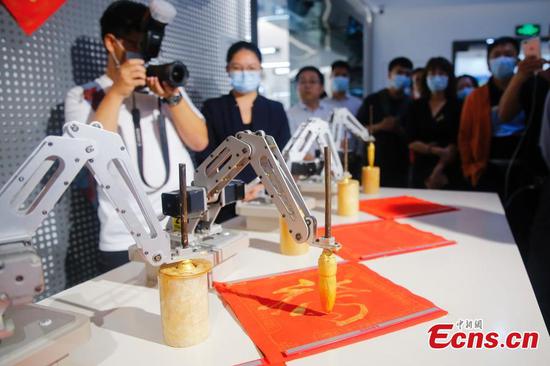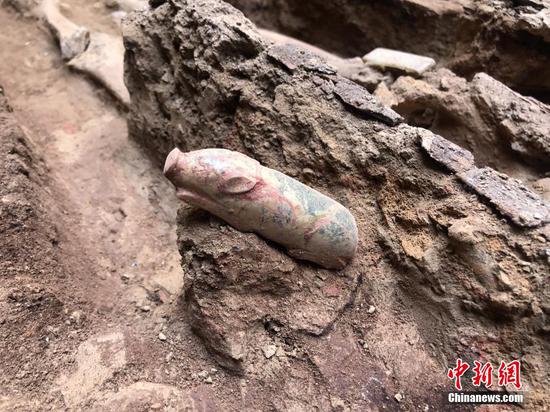
Zhang Jun, China's permanent representative to the UN. (Photo/Xinhua)
China's permanent representative to the United Nations on Tuesday called on the international community to support conditions that promote civilian infrastructure.
Ambassador Zhang Jun made the comments during an open debate of the UN Security Council.
Civilians are the first victims of armed conflict, Zhang said. Infrastructure such as agriculture production, food safety, water and power supply, and medical assistance are essential to basic survival as well as for improving the humanitarian situation.
"Under the current pandemic, ensuring the accessibility and safety of medical facilities to civilians who are under armed conflict is particularly important. It is a priority task for the international community," Zhang said.
Zhang said that the way to help those civilians is to focus on the overall situation and promote peace through development.
The international community should coordinate the implementation of the 2030 Agenda for Sustainable Development to help eradicate poverty and battle the COVID-19 pandemic, he said. The 2030 Agenda is a plan of action for the people, planet and prosperity, and it recognizes eliminating poverty in all its forms.
Many hot issues that the Security Council is facing are at critical stages, said Zhang. He called on the international community to seize the opportunity, and to ramp up diplomatic efforts through conversation and negotiation to solve conflicts peacefully.
Zhang suggested that the Security Council and other UN agencies play a coordinating role as well as support regional organizations to maximize their strengths.
The governments involved in war and armed conflict are responsible for protecting the civilian infrastructure within those countries, he said. The international community should respect the sovereignty of the governments involved; focus on their needs; listen to their opinions; and help to strengthen their infrastructure-building capacity, Zhang emphasized.
He suggested that the international community be vigilant against terrorist forces' control and destruction, including cyberattacks on civilian infrastructure.
For years, China has been promoting the Belt and Road Initiative to connect with the 2030 Agenda. Along the way, China has deepened cooperation with various countries and international and regional organizations to help developing countries build infrastructure.
China has provided aid in the construction of 24 agricultural technology demonstration centers in Africa, and those projects have benefited more than 500,000 residents.
China also contributes to the United Nations Peace and Development Trust Fund, which has implemented 34 projects involving multiple UN agencies, and those projects have benefited dozens of countries.
China has sent emergency medical assistance and medical teams to many countries involved in conflicts to assist in the fight against the COVID-19 pandemic.
"In the future, China will continue to work with the international community to help countries involved in armed conflicts and wars to improve their ability to develop independently and protect civilians," Zhang said.









